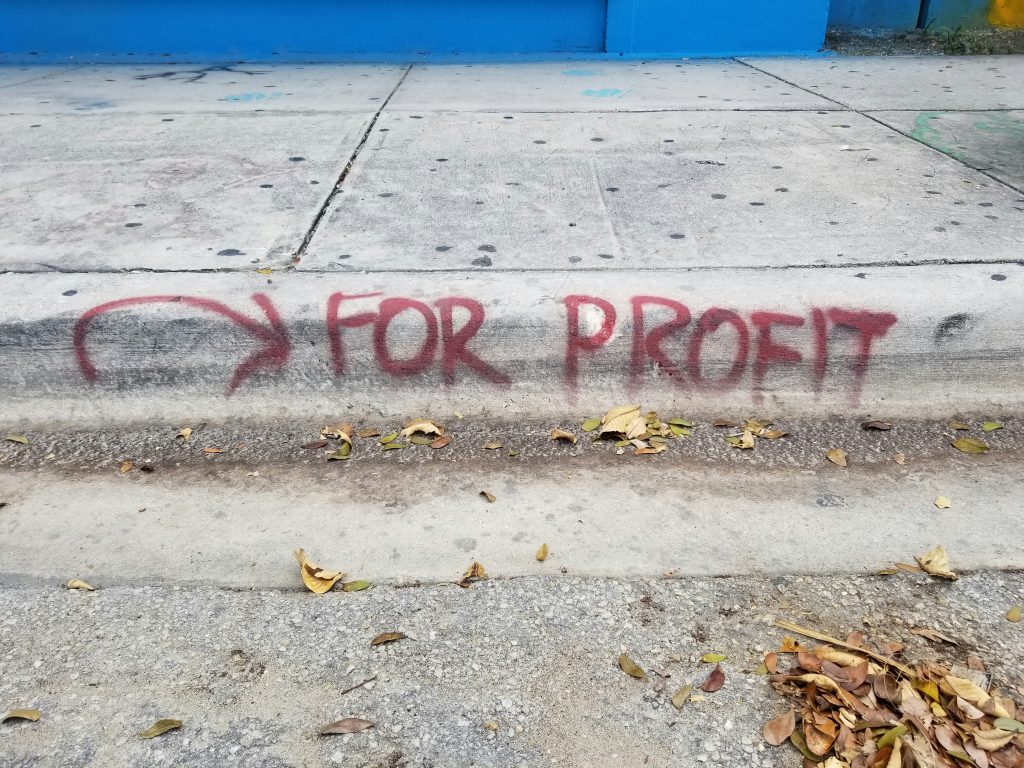Ever felt like tax season is more stressful than a caffeine crash on Monday morning? You’re not alone. Whether you’re managing your own taxes or prepping for a career in finance, navigating the labyrinth of IRS forms can feel like decoding hieroglyphics. But here’s the good news: earning professional tax credentials doesn’t just make you smarter—it makes tax planning less intimidating.
In this guide, we’ll break down everything you need to know about tax planning courses and how they can elevate your financial expertise. By the end of this post, you’ll have actionable steps, insider tips, and real-world examples to help you crush your goals (and maybe even impress your accountant).
Table of Contents
- Why Professional Tax Credentials Matter
- How to Choose the Right Tax Planning Course
- Top Tips for Earning Your Tax Credentials
- Real-Life Success Stories
- FAQs About Professional Tax Credentials
Key Takeaways
- Tax planning courses empower individuals to take control of their finances.
- Professional tax credentials boost credibility and career opportunities in personal finance.
- The right course provides hands-on tools and expert guidance tailored to your needs.
Why Professional Tax Credentials Matter
Let me tell you a story. A few years back, I decided to “DIY” my taxes instead of hiring a pro (because #Adulting). Big mistake. After hours of agonizing over deductions and brackets, I ended up owing way more than expected. Oh, and did I mention I missed a major write-off? Yeah, that was fun… NOT.
This painful experience taught me something valuable: taxes are complicated, but education simplifies them. Here’s why investing in professional tax credentials is worth every penny:
- Career Growth: Certified professionals stand out in fields like accounting, financial advising, and wealth management.
- Confidence Boost: Knowing the ins and outs of taxation helps you make smarter decisions—personally and professionally.
- Tax Savings: Understanding credits, deductions, and loopholes saves both time and money.

How to Choose the Right Tax Planning Course
Selecting the perfect tax planning course feels overwhelming at first glance. Don’t worry—I’ve got you covered! Here’s what to look for:
1. Accreditation Matters (“Is This Even Legit?!”)
You wouldn’t buy knockoff sneakers from eBay, so why settle for an unaccredited program? Always verify whether the course meets industry standards.
2. Curriculum Relevance (“Will It Actually Teach Me Something Useful?”)
Some courses sound fancy but lack practical application. Opt for programs that dive deep into real-world scenarios—like capital gains strategies or small business tax prep.
3. Price vs. Value (“Ugh, Fine—but Only If Coffee’s Involved.”)
Sure, free resources exist, but quality education often requires investment. Look for mid-tier options offering lifetime access or certificates upon completion.

Top Tips for Earning Your Tax Credentials
- Don’t Skimp on Study Time: Treat it like Netflix binge-watching—commit!
- Leverage Online Communities: Reddit threads and LinkedIn groups are goldmines for advice.
- Practice Makes Perfect: Try mock exams or simulations provided by your course provider.
A Terrible Tip to Avoid Like Plague
“Just wing it!” NOPE. Failing to prepare = failing period. Trust me, cramming two weeks before certification day isn’t exactly “chef’s kiss” material.
Rant Alert: Stop Falling for Scams!
Pet peeve alert: Fake certifications flooding Instagram ads promising “instant expertise.” Do your homework; legit programs require effort. Anything claiming shortcuts is sketchy AF.
Real-Life Success Stories
Remember Sarah? She went from clueless freelancer drowning in quarterly filings to confident CFO running her own startup—all thanks to earning her enrolled agent (EA) credential. Her secret sauce? An online tax planning course costing less than her gym membership.

FAQs About Professional Tax Credentials
What Are Professional Tax Credentials?
These certifications validate specialized knowledge in taxation, ranging from IRS-enrolled agents to certified public accountants (CPAs).
Do I Need Prior Experience?
Nope! Many entry-level courses cater specifically to beginners, though some advanced programs may require foundational skills.
How Long Does It Take?
Typically anywhere from 3 months to a year depending on the intensity and format (self-paced vs. structured).
Conclusion
Earning professional tax credentials might seem daunting initially, but the payoff—financial freedom, career advancement, peace of mind—is undeniable. Ready to level up? Start exploring reputable tax planning courses today. Remember, Rome wasn’t built in a day… but neither was your dream tax portfolio.
“Like a Tamagotchi, your SEO strategy thrives with daily care.” 🎮🌱


